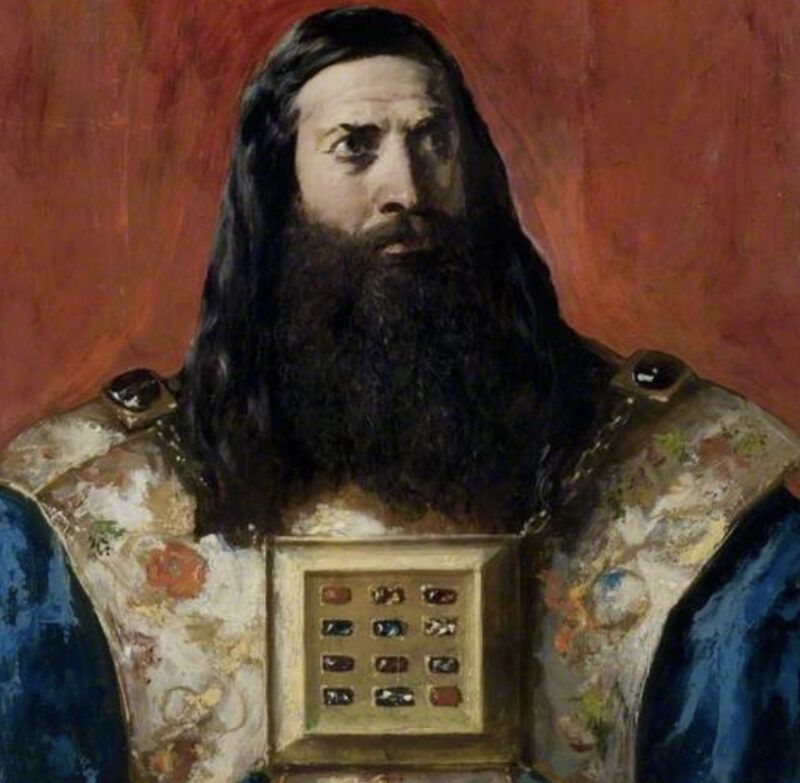
Parsha Vayikra is all about korbanos, the animal and meal offerings brought in the Holy Temple. The Temple sacrifices are overseen by Aaron, the High Priest, but surprisingly Aaron’s name isn’t mentioned anywhere in the parsha. Rabbi Asher ben Yehiel (1250-1327) sees Aaron’s absence from Vayikra as a punishment for his active role in the sin of the golden calf. Recall that the Jewish people miscalculate Moses’ promised return from Mount Sinai and panic when he doesn’t show up “on time.” Bereft, they demand that Aaron provide them with a new conduit to God. He tells them to bring their ornaments, then melts the jewelry down and creates a Golden Calf.
Medieval commentator Rashi explains that when Aaron sends the Jewish men to collect their wives’ jewelry, it’s not because he wants to build an idol for them to worship, but rather to stall the frenzied mob until Moses returns. Another explanation is that Aaron, out of love for the Jewish people, decides that it is “better that the sin be placed on me than upon them.” All commentators agree that Aaron does not deliberately encourage idolatry, so does he really deserve punishment?
Several sources (Ramban, Ibn Ezra) explain that God punishes the righteous more harshly than He punishes other people. The greater a person is, the more is expected from him or her. This might seem unfair, until we understand that this world is merely an antechamber. The suffering we undergo here cleanses our souls, positioning us for a better spot in the World to Come. When faced with difficult trials, remember that suffering has a purpose! Rising to challenges in this world lifts us higher in the next.
Dedicated by Avi and Wanda Peretz
Image: Aaron the High Priest by William Etty, c. 1830
Get the best of Accidental Talmudist in your inbox: sign up for our weekly newsletter.